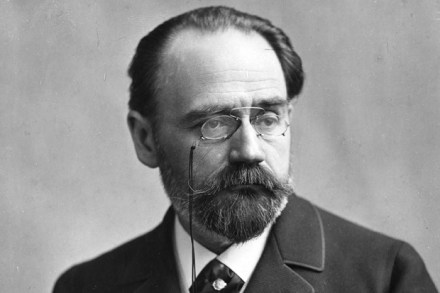An apologia for adultery
What to make of this unexpectedly startling novel? Though you may be lured into a false sense of familiarity by mentions in the blurb of Trollopes J and A, and the comfortable middle-class settings (Sussex, Notting Hill), it turns out to be a diatribe against male selfishness, a meditation on approaching death, and an apologia




















